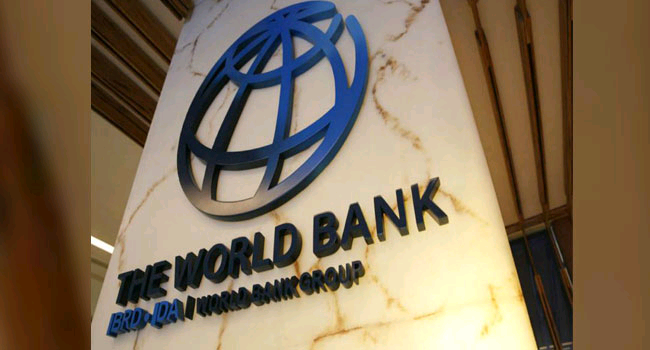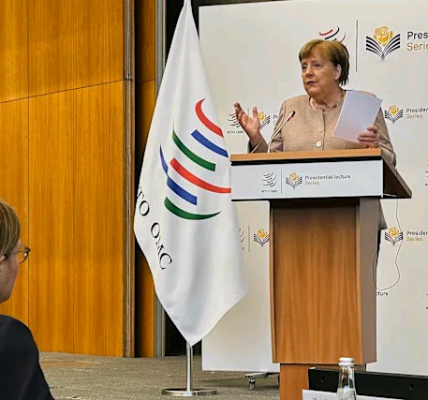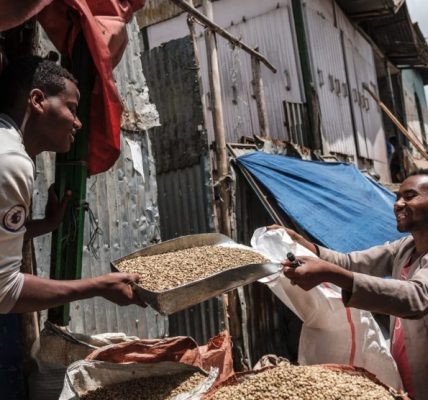The World Bank has revealed that a staggering 75.5% of Nigeria’s rural population lives in poverty, highlighting the country’s deepening inequality and economic hardship. According to the World Bank’s latest Poverty and Equity Brief, rural dwellers are disproportionately affected by economic stagnation, inflation, and structural challenges.
For further information, read more details here
“The poverty rate in northern geopolitical zones was 46.5% in 2018/19, compared with 13.5% for southern ones,” the report stated. The bank noted that poverty remains highly spatially unequal in Nigeria, with the north-south divide persisting despite efforts aimed at inclusive growth.
The report highlighted troubling trends across demographic groups, with children aged 0-14 years having a poverty rate of 72.5%, while 63.9% of females and 63.1% of males were classified as poor. Education status played a significant role in poverty outcomes, with adults without formal education recording a poverty rate of 79.5%
The World Bank further noted that multidimensional poverty indicators paint a bleak picture, with 30.9% of Nigerians surviving on less than $2.15 a day, 32.6% lacking access to standard drinking water, and 45.1% without limited-standard sanitation.
The report attributed the slow progress in reducing poverty to Nigeria’s structural economic challenges, including its dependence on oil and lack of diversification. “The limited availability of jobs is symptomatic of an economy beset by structural transformation constraints and the continued dependence on oil,” the report stated.
The World Bank projected that over 54% of Nigerians will be living in poverty by 2024, with 42 million more people estimated to have fallen into poverty since 2018/19. “Multiple shocks in a context of high economic insecurity have deepened and broadened poverty,” the report noted.
To address the crisis, the World Bank recommended urgent reforms aimed at protecting the poorest from inflationary shocks and boosting livelihoods through more productive employment. “Beyond temporary measures, Nigeria must strengthen its social protection systems, invest heavily in education, health, and infrastructure, and aggressively pursue economic diversification to create jobs outside the oil sector,” the report emphasized.






